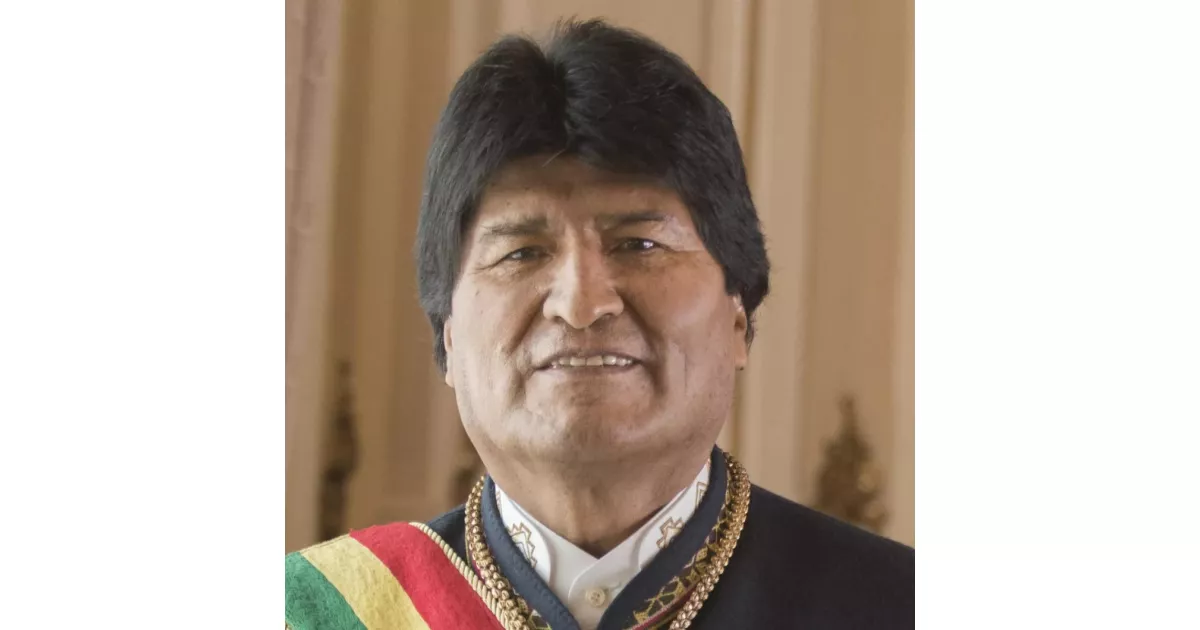How education and upbringing influenced the life of Evo Morales. A timeline of key moments.
Evo Morales is a Bolivian politician and former president (2006-2019), notable as the country's first indigenous president. As a former cocalero activist and trade union organizer, he led the Movement for Socialism (MAS) party and implemented left-wing policies aimed at improving the socioeconomic conditions and legal protections for Bolivia's indigenous population. His administration also worked to counter the influence of the United States and resource-extracting multinational corporations within Bolivia.
October 1959: Evo Morales Born
On October 1959, Juan Evo Morales Ayma was born. He later became the 65th president of Bolivia from 2006 to 2019.
1970: MAS electoral campaign based on Salvador Allende's successful campaign
In 2005, the MAS electoral campaign was based on Salvador Allende's successful campaign in the 1970 Chilean presidential election.
1977: Military Service
In 1977, Evo Morales began his mandatory military service in the Bolivian Army.
1978: Stationed at Army HQ
In 1978, Evo Morales was stationed at the army headquarters in La Paz as part of his military service.
1980: Family Relocated
In 1980, Evo Morales' family relocated to the Tropics of Cochabamba due to agricultural devastation.
1980: García Meza Coup
In 1980, the far-right General Luis García Meza seized power in a military coup, leading Evo Morales to become more politically active.
1981: Campesino Murdered
In 1981, a campesino was murdered by soldiers, solidifying Morales's relationship with politics.
1981: Family Settled in El Chapare
In 1981, the Morales family settled in Villa 14 de Septiembre, El Chapare, and began growing various crops, including coca.
1982: Zuazo Took Power
In 1982, Hernán Siles Zuazo and the UDP took power and implemented neoliberal reforms with US support.
1983: Death of Dionisio
In 1983, Morales' father, Dionisio, died.
1986: Sindicato and Politics
In 1986, members of the sindicato social movement first suggested a move into the political arena.
1988: El Chapare population Increase
By 1988, El Chapare's population had risen to 215,000.
1989: Formation of a political wing
In 1989, Morales began supporting the formation of a political wing.
1989: Villa Tunari Commemoration and Attack on Morales
In 1989, Morales spoke at the Villa Tunari massacre commemoration and was later beaten and left for dead by UMOPAR agents.
1993: Consensus
In 1993, Consensus emerged in favor of its formation.
August 1994: Arrested and hunger strike
In August 1994, Evo Morales was arrested and began a dry hunger strike to protest his arrest.
September 1994: March to La Paz
In September 1994, campesinos marched from Villa Tunari to La Paz, and Morales joined after being freed.
1994: Comparisons with the election of Nelson Mandela
Morales was widely described as Bolivia's first indigenous leader. Political analysts therefore drew comparisons with the election of Nelson Mandela to the South African Presidency in 1994.
April 1995: Arrested at Andean Council Meeting
In April 1995, Morales was arrested during a meeting of the Andean Council of Coca Producers and accused of plotting a coup, though no evidence was found.
2001: Noemí Meneses' Birth Year
In 2001, Noemí Meneses was born. Her birth year became relevant in the context of later allegations regarding her relationship with Evo Morales.
2004: Operating structure of MAS continues
Until 2004, the Movement for Socialism party structure continued operating as the political wing of the social movement, with all tiers in the movement involved in decision making.
March 2005: Mesa Resigns
In March 2005, Mesa resigned, citing the pressure of Morales and the cocalero roadblocks and riots. Amid fears of civil war, Eduardo Rodríguez Veltzé became president of a transitional government, preparing Bolivia for a general election in December 2005.
January 2006: Morales crowned Apu Mallku
In January 2006, Morales attended an indigenous spiritual ceremony at Tiwanaku where he was crowned Apu Mallku (Supreme Leader) of the Aymara, receiving gifts from indigenous peoples across Latin America and thanking the goddess Pachamama for his victory.
2008: Indigenous people in universities
In 2008, it was estimated that half of the students enrolled in Bolivia's 11 public universities were indigenous, while three indigenous-specific universities had been established, offering subsidized education.
July 2018: Emergency Surgery
On July 4, 2018, Evo Morales underwent emergency surgery at a private clinic in La Paz to remove a tumor.
November 2019: Children Leave Bolivia
In late November 2019, Evo Morales' children, Evaliz Morales Alvarado and Álvaro Morales Paredes, left Bolivia and traveled to Buenos Aires.
August 2020: Death of Esther Morales Ayma
On August 16, 2020, Esther Morales Ayma, Evo Morales' older sister and First Lady of Bolivia, died after contracting COVID-19.
November 2020: Morales Returned to Bolivia
One day after new president Luis Arce was sworn into office, on 9 November 2020, Morales returned to Bolivia after 11 months abroad.
January 2021: Morales Tested Positive for COVID-19
On 12 January 2021, Kawsachun Coca radio confirmed that Morales had tested positive for COVID-19. He was discharged from the Los Olivos private clinic on 27 January.
Mentioned in this timeline

Barack Obama the th U S President - was the...
Nigeria is a West African nation the most populous in...
Venezuela officially the Bolivarian Republic of Venezuela is located on...
Africa is the second-largest and second-most populous continent comprising of...

News encompasses information about current events disseminated through various media...
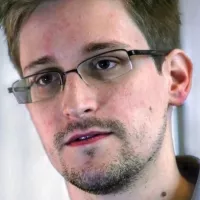
Edward Snowden a former U S computer contractor who is...
Trending
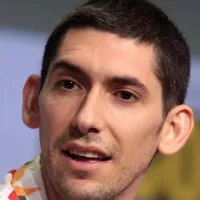
34 minutes ago Max Landis Returns to Hollywood with G.I. Joe Movie at Paramount
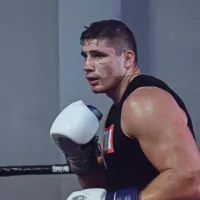
34 minutes ago Usyk vs. Verhoeven: WBC Title Fight at the Pyramids of Giza

35 minutes ago Tye Kartye placed on waivers by Kraken; Joseph assigned to Springfield.
35 minutes ago Makai Lemon aims Giants youth role, shines at Combine, Jets eyes superstar potential.
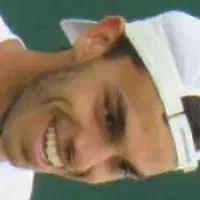
35 minutes ago Cerundolo Dominates in Santiago, Continues Golden Swing; Nava Ends American Drought.
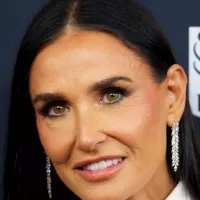
2 hours ago Demi Moore debuts dramatic bob haircut at Gucci show, sparking makeover buzz.
Popular

Jesse Jackson is an American civil rights activist politician and...

Susan Rice is an American diplomat and public official prominent...

Michael Joseph Jackson the King of Pop was a highly...

XXXTentacion born Jahseh Dwayne Ricardo Onfroy was a controversial yet...

Barack Obama the th U S President - was the...

Kashyap Pramod Patel is an American lawyer who became the...
